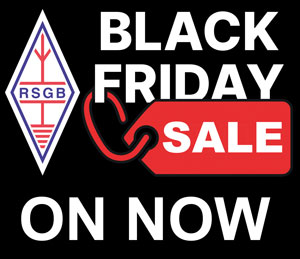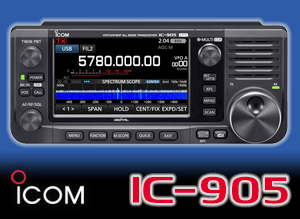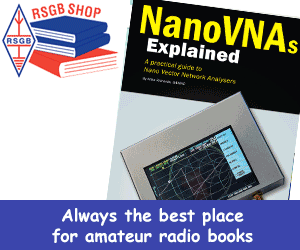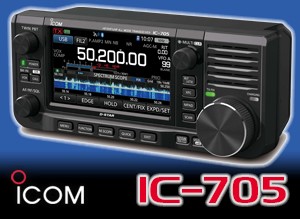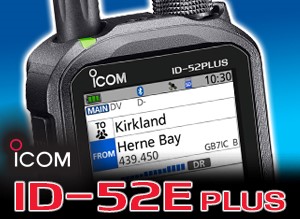1. Introduction
So you want try HF Contesting. You may be young, old or in between and may also not have had any HF contest experience. This guide is intended to give you all the basics you need to begin your contesting journey and to guide you around other resources that are available.
So why should you take up contests? There are a number of personal benefits to taking part in contests: it is very likely to make you a better operator in every aspect of the hobby you enjoy and will certainly help you work DX easier. Also, keep in mind that contesting has been the driving force behind the many technical advancements in amateur radio, from transceiver/ amplifier design to antenna and station configuration, and your participation can contribute to that body of knowledge.
In order to improve your contest results you will likely try different antennas which again can lead to your DX capability being improved. You may also want to change your station equipment. All these items can lead you to better overall results in both contests and DX. You will learn to use computer logging software which will bring other benefits such as ease of collecting radio awards.
So what is an amateur radio contest? In essence, it is a time limited competition between you and other entrants of the event and can last anything from one hour to 48 hours.
According to the Oxford Dictionary of English, a contest is
“An event in which people compete for supremacy in a sport or other activity” or an event in which entrants “engage in a competition to attain a position”
That just about says it all. Imagine you are in a line of competitors: each person either side of you will want to better your performance. This is not being un-sportsmanlike, it is what a contest is meant to be.
But the key thing to keep in mind is that it should also be fun. You really will only be competing against yourself for many contests to come and it is unlikely you will be that successful from the start. Do not be deterred, however; note how well you do in your first attempts then try to do better with each event entered.
Radio contesting is not as unforgiving as other sporting events where it is easy to be disqualified by “jumping the gun” or running out of lane, for example. However, that is not to say that if you make errors you will not be penalised. Getting a call sign wrong (Busting) is the worst sin and next incorrectly logging the exchange. Both parts of a contact need careful attention being paid too. If in doubt about a callsign ask for a repeat or contact them again later. (Dupe)
In the early stages of contesting it is very easy to pick up bad habits which will impede your performance and are often difficult to break. One frequent example is saying much more than is needed to make a valid contact. (Remember the point at the beginning about being “time limited”). Later in this guide you will see examples of typical contest QSO’s, study them and try to emulate them.
Always read the rules of the contest and note that the rules for the same contest can be changed which could affect you. In particular, note when your log has to be uploaded in date and time.
Start contesting by using software designed to handle your chosen contest and category of entry (eg mode, single or multi-operator). Software links and instructions are shown later in this guide to help you decide which programme best suits your needs. Do not worry about your typing skills as your QSO rates are unlikely to be affected by any lack of typing ability. Get used to the software programme and learn the short cuts within it. All of the major programmes have extensive “help” facilities and learning more about the software will only help you in the long run.
All contest logging software allows a log to be produced in “Cabrillo”, the text format required for all contests. It also allows you to produce another text file (ADIF) which can be used to input the new contest data into your home logging software.
Practice with your chosen software, put dummy qsos in the log and produce the Cabrillo output file and ADIF file. Practice makes perfect is an old saying but true today as ever. There is a facility on the website to practice submitting your log.
This guide suggests which contests are good starting events, but the short (90min) RSGB Autumn Series and 80m contests, and other UK short contests may be a good starting point if you have an 80m antenna.
Whilst these events test your skills as an individual, you are not alone. Whilst you will submit an individual entry, many of the early contests you are likely to enter are primarily team events, open to members of RSGB affiliated clubs and societies. Some clubs are locally based (check the results table of a recent contest to find out which clubs are near to you), others have a national focus (called General Clubs). All will provide you with help, support and encouragement.
Additionally, the RSGB HF Contest Committee has set up a national contest club, open to any RSGB member who wishes to join. Further details are included in this guide.
So good luck in the contest (but NEVER say that on air as you will be wasting your precious contest time)

